
Prospective Students
Typical Program of Study
What kinds of classes are available?
-
Screenwriting: Film 3350
-
This introductory screenwriting course will provide you with a working knowledge of screenplays, teleplays, plot structure, character arcs, dialogue, scene construction, and story conflict viewed through the exciting prism of Hollywood.
Through lectures, discussions and workshops, you will break down narrative films and their corresponding scripts, dream up marketable, high-concept ideas, convert such ideas into treatments, and bring these treatments to life in the form of a “spec” screenplay. Along the way, you will also learn how to navigate the “biz”, meet some exciting industry gatekeepers, and learn how to speak “industry speak.”
-
Filmmaking 1: Film 3400
-
Students will develop and refine their knowledge of video equipment, production methods and terminology.
The course will introduce students to new equipment, which they will use in a series of hands-on exercises while they create finished pieces in several genres. During these exercises, students will practice creativity, efficiency and teamwork.
Students will also learn about the vital connections between shooting and editing of video as they practice both skills during in-class exercises. Mastering these technical elements of film production, students will be able to apply their skills with any film type (experimental, documentary and narrative).
-
History of Film & Media: Film 2001
-
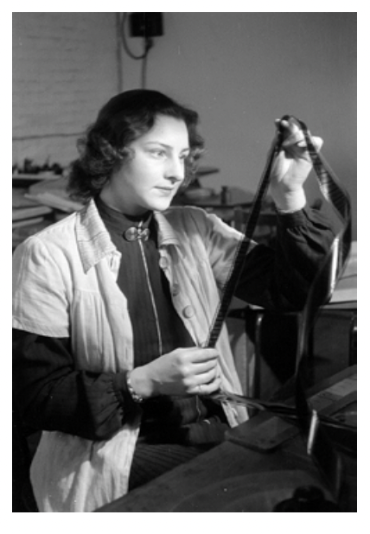
Why study old films and media? What are the best methods for enjoying, understanding, and watching these moving image artifacts? What do the past artistic, political, and technological movements that created them have to say to us today? As a technology, art, industry, and cultural force, film dominated the twentieth century and continues to influence the media landscape of the twenty-first century. This course provides a survey of film and media history, moving from the invention of the cinema in (approximately) 1895 through the 1940s. The class covers film movements such as early independent Black filmmaking, Yiddish film, Soviet silent film, German Expressionism, and the Mexican Golden Age. Throughout the quarter, we will collectively ask how to best approach these films, and what they can tell us about our contemporary relationship with moving image media. Students will leave knowing both the major developments in film history and different historiographic methods that can be used to study this history.
-
Los Angeles and Film: Film 3005
-
It is impossible to talk about the City of Angels without talking about its movie business. The history of American cinema is so intertwined with Los Angeles that the term Hollywood is used interchangeably with American film worldwide. This course will look at the history of Los Angeles cinema and the complex relationship that American film has had with its host city throughout history. We will look at the mythical allure of the region that enticed film pioneers to leave the East Coast for the land of sunshine - a place that journalist and labor activist Carey McWilliams called An Island on Land. We will consider the ways that Los Angeles is depicted by native Angelenos and by outsiders. This course will also look at the diverse L.A. Rebellion School, the city's penchant for destroying itself on film, and how the late 70s/early 80s Los Angeles music scene fueled a punk aesthetic in independent films. Lastly, we will explore Los Angeles neo-realist cinema - a cinema of marginalized voices that contrasts sharply with the glittering image of the city in mainstream American film and television.
Major: Film & Media

-
Requirements
-
Degree Requirements: Individual course descriptions available in the catalog.
For the specific Film & Media major, you must complete 65 credits in film & media including these four courses:
- Introduction to Film & Media (FILM 2000): This course is an introduction to the specific critical methods necessary to describe, analyze, and appreciate the film text.
- Filmmaking 1 (FILM 2100): In this introductory course, students explore the foundational elements of film form-including cinematography, editing, lighting, and sound-and develop the technical proficiency to put these elements into practice.
- Film & Media Theory (FILM 3001): An introduction to a range of key theories in film and media studies which explore the relationship between film, media, the spectator and the senses.
- History of Film & Media History 1 (FILM 2001): This course provides a survey of film and media history, moving from the invention of the cinema in (approximately) 1895 through the 1940s. The class covers film movements such as early independent Black filmmaking, Yiddish film, Soviet silent film, German Expressionism, and the Mexican Golden Age. OR History of Film & Media History 2 (FILM2002): The course begins where History of Film I concludes, around World War II and continues until the present. The class covers film movements such as Third Cinema, Italian Neorealism, the L.A. Rebellion, International Arthouse, and others. Throughout the quarter, students will work step-by-step on one project, beginning with developing a research question in the first weeks, then conducting primary research, developing an annotated bibliography, and performing scene analyses.
AND Strongly Recommended:
- Internship for credit (FILM 4950)
- Film and Media Capstone I (FILM 4001)
- Film and Media Capstone II (FILM 4002)
35 credits remaining:
Students will also be required to take electives:
- 10 credits at 2000 level (2 classes)
- 15 credits at 3000 level (3 classes)
- 10 credits at 4000 level (2 classes)
-
Electives
-
New Classes - Electives: 2000 Level:
- FILM 2000 Introduction to Film and Media
- FI LM 2001 Film and Media History I
- FILM 2002 Film and Media History II
- FILM 2003 Intro to Media Studies
- FILM 2004 Crime Film and Media (X CRJS 4910)
- FILM 2005 Horror Film and Media
- FILM 2006 Sci Fi Film and Media
- FILM 2007 Animation
- FILM 2008 Film Noir (Approved elective WGST/LGBTQ; CRJS)
- FILM 2009 Eco-cinema (Approved Elective for EVST in Environmental Education and Communication)
- FILM 2010 Hollywood
- FILM 2011 Intro to Visual Culture
- FILM 2012 Film, Media and History (X HIST 3530)
- FILM 2910 Special Topics
Production Track:
- FILM 2100 Filmmaking I
- FILM 2101 Screenwriting I
- FILM 2102 Fundamentals of Digital Film Editing
- FILM 2103 Virtual Reality Filmmaking
3000 level:
- FILM 3001 Film and Media Theory
- FILM 3002 Special and Visual Effects Media
- FILM 3003 Film Festivals
- FILM 3004 Topics on Filmmakers
- FILM 3005 Los Angeles and Film
- FILM 3006 African-American Film
- FILM 3007 Animals, Film and Media (Approved Elective for EVST in Environmental Education & Communication)
- FILM 3008 Film, Media, and Science: The History, Power, and Ethics of Scientific Media (Approved Elective for EVST in Environmental Education and Communication)
- FILM 3009 Film, Media and Color
- FILM 3010 Gender and Sexuality X HIST 3540 (Approved Elective WGST/LGBTQ)
- FILM 3011 Media/Text
- FILM 3012 Topics in Media Studies
- FILM 3013 Introduction to International Film and Media (Approved International Elective)
- FILM 3014 Japanese Film and Media (Approved International Elective)
- FILM 3015 German Film and Media (Approved International Elective)
- FILM 3016 Latin American Film and Media (Approved International Elective)
- FILM 3017 Pacific Film and Media (Approved International elective)
- FILM 3018 Global African Film and Media (Approved International Elective and Global African and African American Studies Elective)
- FILM 3019 Cities and Film (X HIST 3520)
- FILM 3021 Family Films: Home Movies, Identity, and Self-Representation
- FILM 3022 Political Cinema
- FILM 3023 Film and Philosophy (X PHIL 3180)
- FILM 3910 Special Topics
- FILM 3960 Directed Reading
Production Track (All Production Track courses count towards former Visual Storytelling VS requirement):
- FILM 3100 Filmmaking II
- FILM 3101 Screenwriting II
- FILM 3102 Episodic Screenwriting
- FILM 3103 Cinematography
- FILM 3104 Sound for Film and Media
- FILM 3105 Remix Media
- FILM 3106 Media Production for Social and Environmental Justice (Approved Elective for EVST)
- FILM 3107 Documentary Media
- FILM 3108 Experimental Film and Media
- FILM 3110 Filmmaking III
4000 Level:
- FILM 4001 Capstone I (Strongly Recommended for All Film Majors)
- FILM 4002 Capstone II (Includes CORE Capstone and Reflective Essay requirement); Required for film majors)
- Fl LM 4770 Honors - Directed Reading
- Fl LM 4790 Honors - Thesis supervision
- FILM 4950 Internship
- FILM 4960 Independent Study
-
Learning Outcomes
-
A Film Major will:
- Foster student knowledge of the history, theory, aesthetics, institutional contexts and different production modes of a selection of international and American films and media, from their beginnings in the 1890’s until the present.
- Foster student awareness of the historical and theoretical relations of media to structures of power, economics, and ideology.
- Develop and enhance students’ media literacies through the development of critical, analytical and argumentation skills and independent research.
- Develop student critical awareness and creative practice with new forms of visual and aural storytelling, and with new media technology and modes of production, distribution, and exhibition.
- Enhance student learning experiences by fostering student relationships with working professionals with media industries, embedding service learning and/or by developing new opportunities for networking, creative production, and collaboration.
Minor: Film & Media

-
Requirements
-
Degree Requirements: Individual course descriptions available in the catalog.
To earn a minor in film and media, a total of 30 credits is required, including:
- FILM 2000 – Introduction to Film & Media
- FILM 2100 - Filmmaking I
- FILM 2001 - History of Film & Media OR FILM 2002 - History of Film & Media II
- Film & Media Electives (15 credits)
-
Electives
-
2000 Level
- FILM 2000 Introduction to Film and Media
- FILM 2001 Film and Media History I
- FILM 2002 Film and Media History II
- FILM 2003 Intro to Media Studies
- FILM 2004 Crime Film and Media (X CRJS 4910)
- FILM 2005 Horror Film and Media
- FILM 2006 Sci Fi Film and Media
- FILM 2007 Animation
- FILM 2008 Film Noir (Approved elective WGST/LGBTQ; CRJS)
- FILM 2009 Eco-cinema (Approved elective for EVST in Environmental education and communication)
- FILM 2010 Hollywood
- FILM 2011 Intro to Visual Culture
- FILM 2012 Film, Media and History X HIST 3530
- FILM 2910 Special Topics
Production Track
- FILM 2100 Filmmaking I
- FILM 2101 Screenwriting I
- FILM 2102 Fundamentals of Digital Film Editing
- FILM 2103 Virtual Reality Filmmaking
3000 level
- FILM 3001 Film and Media Theory
- FILM 3002 Special and Visual Effects Media
- FILM 3003 Film Festivals
- FILM 3004 Topics on Filmmakers
- FILM 3005 Los Angeles and Film
- FILM 3006 African-American Film
- FILM 3007 Animals, Film and Media (Approved elective for EVST in Environmental education and communication)
- FILM 3008 Film, Media and Science: The History, Power, and Ethics of Scientific Media (Approved elective for EVST in Environmental education and communication)
- FILM 3009 Film, Media and Color
- FILM 3010 Gender and Sexuality X HIST 3540; (Approved elective WGST/LGBTQ)
- FILM 3011 Media/Text
- FILM 3012 Topics in Media Studies
- FILM 3013 Introduction to International Film and Media (Approved International elective)
- FILM 3014 Japanese Film and Media (Approved International elective)
- FILM 3015 German Film and Media (Approved International elective)
- FILM 3016 Latin American Film and Media (Approved International elective)
- FILM 3017 Pacific Film and Media (Approved International elective)
- FILM 3018 Global African Film and Media (Approved International elective and Global African and African American Studies elective)
- FILM 3019 Cities and Film X HIST 3520
- FILM 3021 Family Films: Home Movies, Identity, and Self-Representation
- FILM 3022 Political Cinema
- FILM 3023 Film and Philosophy X PHIL 3180
- FILM 3910 Special Topics
- FILM 3960 Directed Reading
Production Track (All Production Track courses count towards former Visual Storytelling VS requirement)
- FILM 3100 Filmmaking II
- FILM 3101 Screenwriting II
- FILM 3102 Episodic Screenwriting
- FILM 3103 Cinematography
- FILM 3104 Sound for Film and Media
- FILM 3105 Remix Media
- FILM 3106 Media Production for Social and Environmental Justice (Approved elective for EVST)
- FILM 3107 Documentary Media
- FILM 3108 Experimental Film and Media
- FILM 3110 Filmmaking III
4000 Level
- FILM 4001 Capstone I (Strongly recommended for all film majors)
- FILM 4002 Capstone II (Includes CORE Capstone and Reflective Essay requirement); required for all film majors)
- Fl LM 4770 Honors: Directed Reading
- Fl LM 4790 Honors: Thesis supervision
- FILM 4950 Internship
- FILM 4960 Independent Stud
-
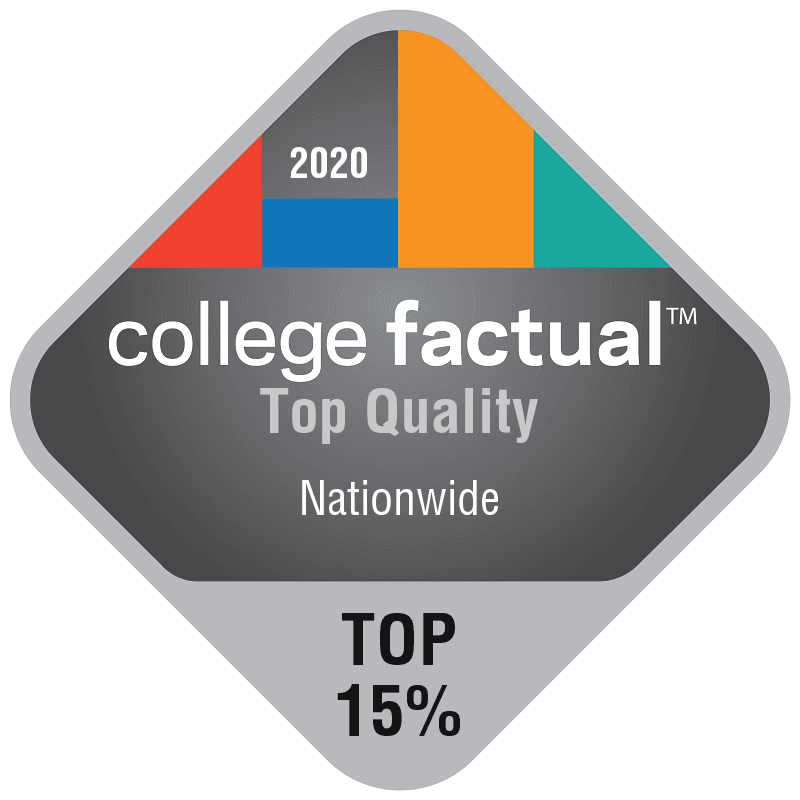
Ranked Top 15%
Overall Best College
-
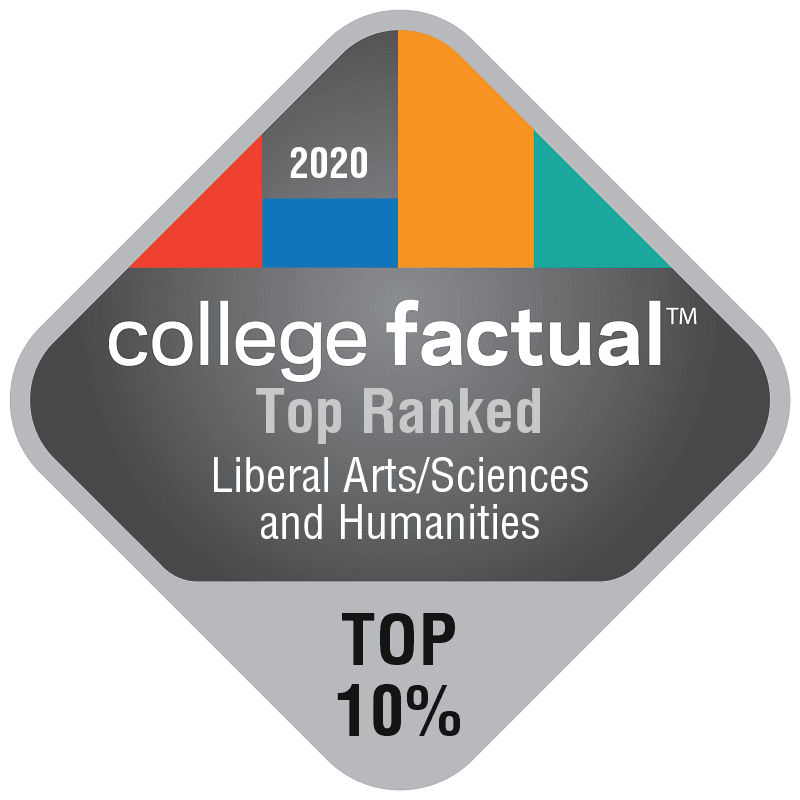
Ranked in top 10%
Arts & Sciences/Humanities
-
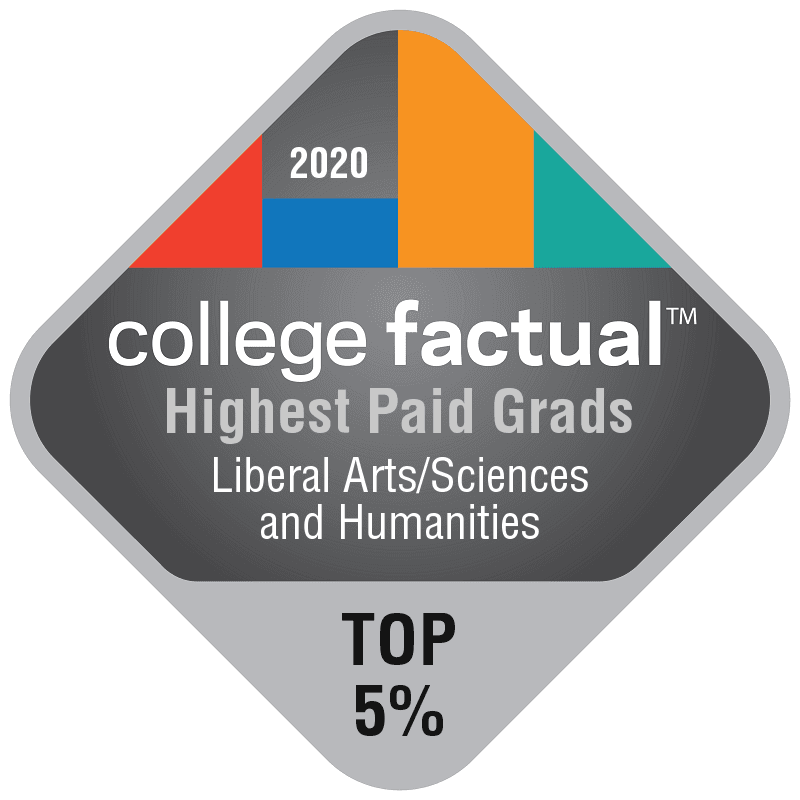
Top 5% Highest Paid
Arts & Sciences/Humanities Graduates
-
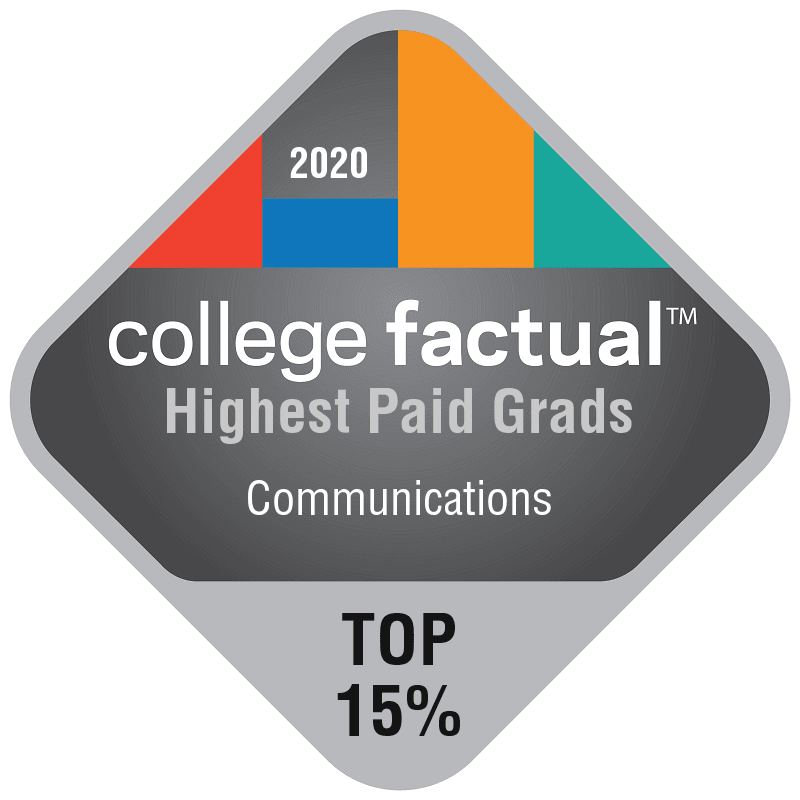
Top 15% Highest Paid
Film and Media Graduates
